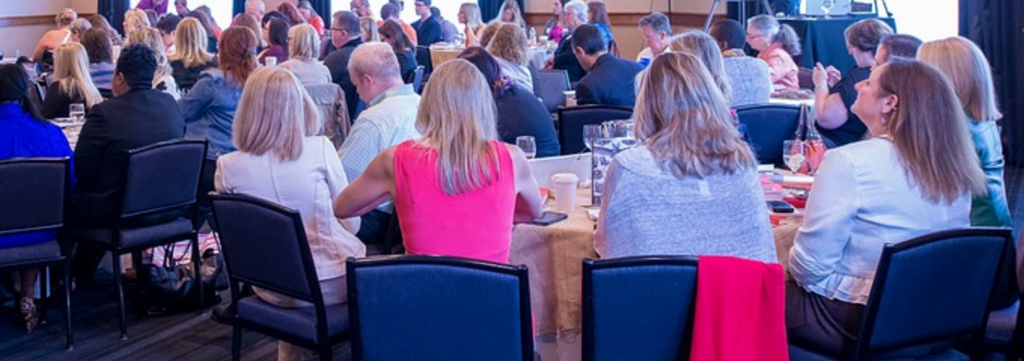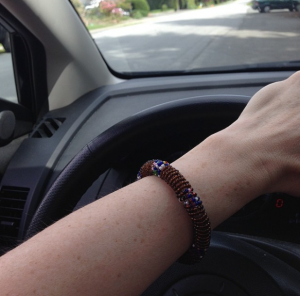
Put Your Mind to It
More from Successful-Blog . . .
What are the four elements of human freedom?
Five ways to attack the hard things in your business
Jane Boyd is a Partner in GeniusShared. She is also the CEO of 45 Conversations Media & Education Ltd, a Canadian education and training company based just outside of Vancouver Canada. She works with educators, business, community and government in the areas of early learning, work-life, community development and employee engagement.


